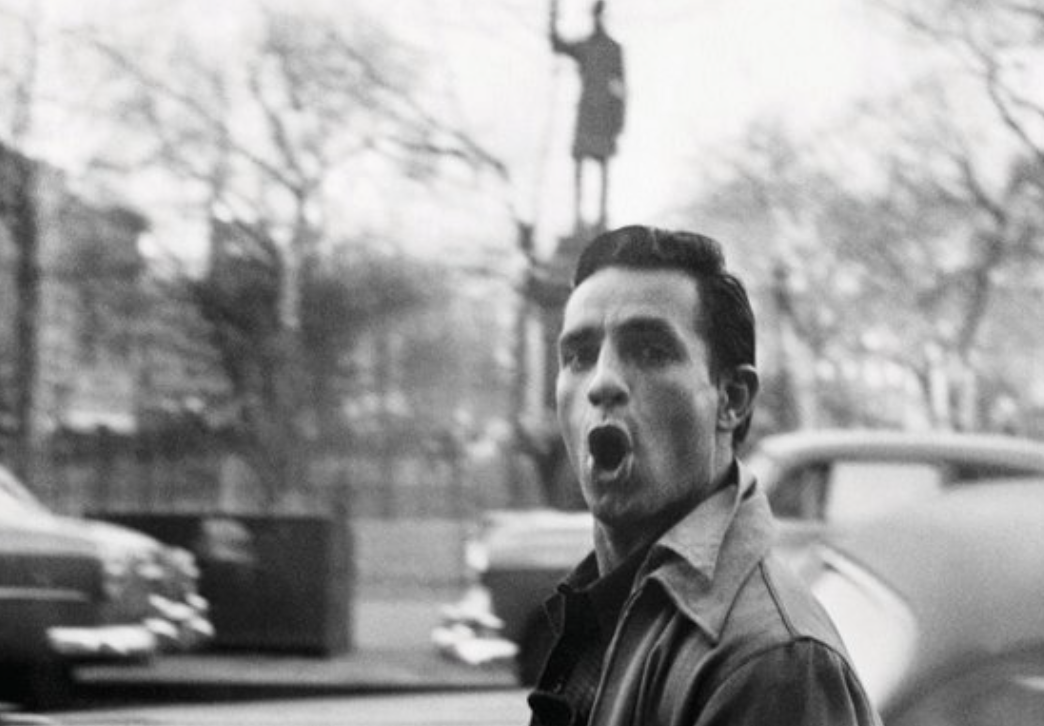Pledg lève 80 millions d'euros Pledg, lauréat en 2018 du Breizh Amerika Startup Contest, la startup fintech lève 80 millions d'euros pour poursuivre son développement. Pledg fournit des solutions de financement instantanées sur les sites e-commerce et en magasin. Avec Pledg, les acheteurs particuliers et professionnels achètent tout de suite et paient plus tard ou en plusieurs fois ; le marchand, quant à lui, est payé dès la commande. En décembre, Pledg a annoncé son extension à l’international avec le lancement de son offre dans 8 pays en Europe : Espagne, Italie, Portugal, Royaume-Uni, Allemagne, Belgique, Pays-Bas et Autriche. Ce déploiement s’accompagne de la multiplication par 3 de ses effectifs d’ici fin 2021 et par 10 ses volumes de transactions pour l’année. La fintech annonce avoir bouclé une opération d'un montant total de 80 millions d'euros auprès de Portag3 Ventures et Aquiline Capital Partners, mais aussi Smart Lenders Asset Management, Financière Arbevel et ODDO BHF. Plus d'info sur : Pledg
0 Comments
Jack Kerouac, beat generation icon, died in 1969 at the age of forty-seven, leaving behind a literary work which made him one of the most important American authors of the 20th century. However, until the age of six, his mother tongue was French and his father always told him "Ti-Jean never forget that you are Breton!". He was born Jean-Louis, nicknamed "Ti-Jean" Kérouac on March 12, 1922 in Lowell, Massachusetts, of two Quebec parents, Léo-Alcide Kéroack and Gabrielle-Ange Lévesque. Of humble origins, they emigrated from Quebec to the United States like thousands of French Canadians. Very attached to his "mémère", Jack won a football scholarship to Columbia University. At the beginning he wrote stories inspired by the radio show "The Shadow" then novels by Thomas Wolfe. Writing became more of a focus for him after a serious football leg injury. The Beat GenerationHis sporting career derailed and showing little interested in his studies, Jack Kerouac begin hanging out in bars with new friends, who would soon become the leaders of the Beat Generation: Allen Ginsberg, William S. Burroughs, and later Gary Snyder. The expression Beat Generation is used for the first time by Jack Kerouac in 1948. It gave birth to a new American literary movement during the 1950's advocating the freedom of the great outdoors and the premises of sexual liberation, with a touch of spirituality. The Beat Generation paved the way for subsequent generations like the hippies of the 1960s. Considered today as one of the most important American authors of the 20th century, he is for the beatnik community the King of the Beats. Kerouac's best-known works, On the Road (considered the manifesto of the beat generation), The Dharma Bums, The Subterraneans, Lonesome Traveler, Desolation Angles, narrate his travels through the United States in a romanticized manner. His rhythmic and style of spontaneous prose, has inspired many artists and writers, first and foremost the American singers Tom Waits and Bob Dylan. Jack Kerouac in BrittanyAt the height of his literary success, Jack Kerouac set off to France with no intention of doing a book tour or taking a vacation. At the age of 43, the American author yearned for his roots after decades of wandering. Kerouac, who recounted his expedition in Satori in Paris (1966), was determined to locate signs of his ancestor after landing in Paris on June 1, 1965 and traveling to Brittany. Despite his 'Satori' title (“Japanese for ‘sudden illumination'”), Kerouac only found dead ends when reading French archives and searching for namesakes. He recounts staying at Hotel Bellevue in Brest and talking about horse races with the owner of the bar La Cigale. Georges Didier, nicknamed “Fournier” in his novel. Didier was interviewed by Hervé Quéméner years later: “A guy came in who seemed to me to have already had a few drinks. He ordered a brandy and we started talking.” It is Georges Didier who gives him the contact of Pierre Le Bris (called "Ulysse" in Satori in Paris) who was a publisher and bookseller in Brest. Kerouac soon met with Pierre, “It was in my apartment, above the bookstore, that I welcomed Kerouac, whose books I knew. He sat down at my bedside and began to talk to me about his ancestors; I showed him my family tree (...). Some time later, I thought we had a common origin when I discovered a stone's throw from the family farm in Plomelin [southern Finistère], a pond bearing the name of Kervoac'h.” The two men would continue to write to each other but would never meet again. Plans for more trips to Brittany were derailed by Kerouac's failing health, and he died four years after that first visit. Kerouac's Breton ancestorKerouac never found his breton ancestor and for good reason. His ancestor never wanted to be found. He had departed for the New World in 1722-1723 and changed his name several times after arrival. He had good reason to hide his true identity since he had departed from Brittany (Huelgoat, in Finistère, where his family was well off) after being suspected of thefts committed in Saint-Pol-de-Léon and in Cornouaille. Urbain-François Le Bihan (his real name) wanted to start from scratch when he arrived in the Americas. On January 25, 1727, at a notary, he signed Hyacinte Louis Alexandre de Kervoach Le Bihan. Five years later, he fathered a child with Louise Bernier. To avoid prison, he has no real choice but to marry her but to prevent his offspring from eyeing a possible inheritance, he signed Maurice-Louis Le Bris de Kervoach in front of the priest. It is this name that all future Kerouac's would later use in trying to trace their roots back to Brittany. Over the years, accents and illiteracy led to a myriad of Kerouac spellings while 'Le Bris' disappeared. Urbain-François, like his famous offspring, was really a creative vagabond with a taste for embellishment. Kerouac would never discover the true story but his attachment to his Breton roots make him one of the most known figures of the Breton diaspora. |
Categories
All
Blog Archives
June 2024
Breizh Amerikais an organization established to create, facilitate, promote, and sponsor wide-ranging innovative and collaborative cultural and economic projects that strengthen and foster relations and cooperation between the United States of America and the region of Brittany, France. |
Copyright 2014 - All rights reserved - Breizh Amerika - Privacy Policy


 RSS Feed
RSS Feed

